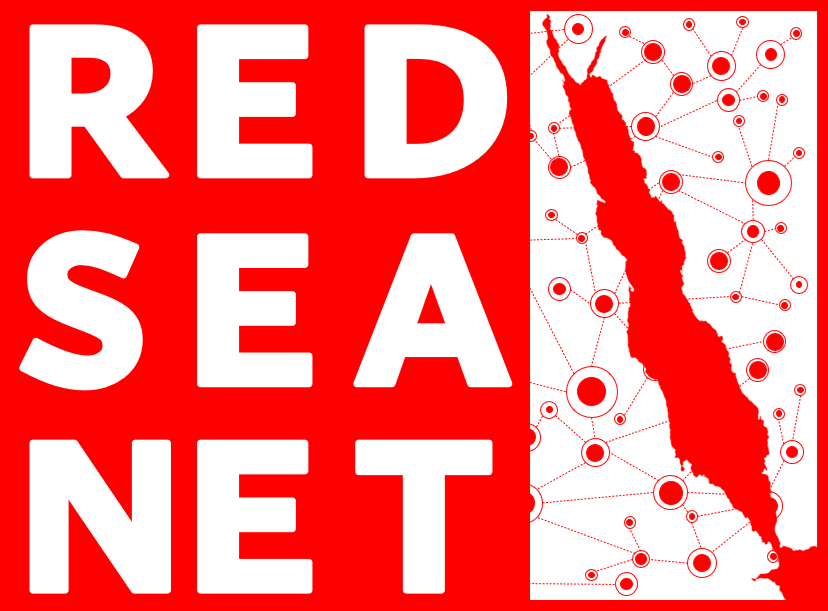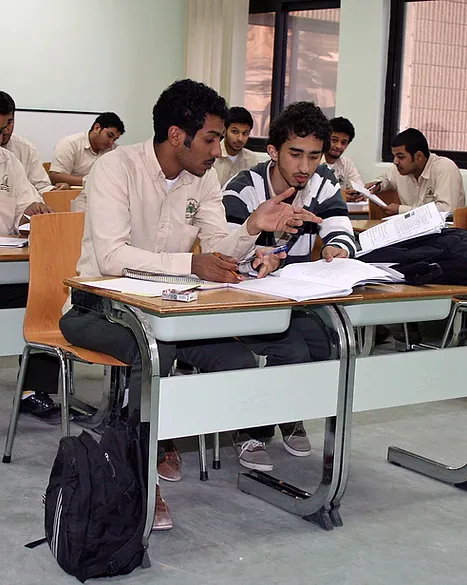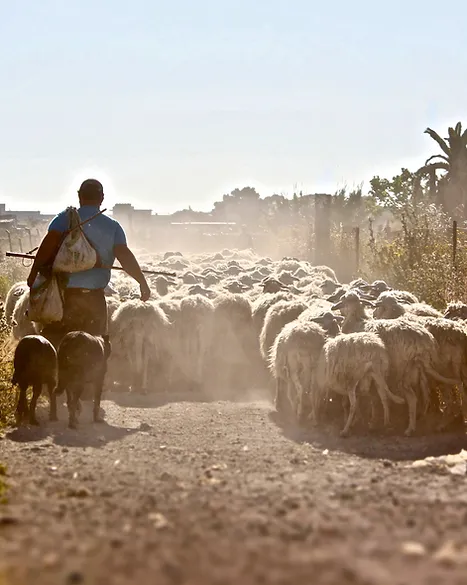
Climate Change, Political Economy, and Connectivity in the Red Sea Region
The Red Sea region, spanning East Africa to the Arabian Peninsula, is one of the most unequal in the world. Marked by vast disparities in security and wealth, the region is home to fragile states, newly sovereign states, and oil-rich states with some of the highest GDP per capita in the world. Despite these differences, the region faces common environmental and socio-economic challenges exacerbated by drought and desertification, water scarcity, and low levels of food self-sufficiency. The region is also increasingly connected through the growing military, political, and economic presence of the Gulf States in the Horn of Africa and through these societies’ mutual dependency on transnational labor and remittances.
Made possible by the generous support of the Social Science Research Council’s Transregional Collaboratory on the Indian Ocean region, this project—“RedSeaNet”—starts with the urgent question of how, in one ecological region, some of the richest and poorest societies in the world are weathering today’s profound climatic, economic, and political transformations.
By creating a network of specialists across disciplines—particularly across the traditional boundaries of African Studies and Middle Eastern Studies—and across institutions based in East Africa and the Arabian Peninsula, “RedSeaNet” enables a deeper investigation of how environmental transformations and political economies connect and shape this geopolitically-critical space:
How are the societies of this severely unequal, but intensely connected system responding to and participating in region-wide climatic, economic, and political transformations?
How will stacked ecological, political, and economic crises impact coastal livelihoods, public health, natural resource use, food supplies, labor markets, trans-regional migration, capital flows, regional conflicts, humanitarian assistance, and international rivalries in this region?
Will the political economies of the Gulf States and East Africa become ever more interconnected due to the disparate effects of global warming and the massive migrations of capital, humans, and other species across the Red Sea?
Within this wider inquiry emerges a fractal network of related research questions. Rather than impose externally-driven research questions, this project has stewarded trans-regional, interdisciplinary collaboration of scholars from across the Red Sea Arena to produce a joint research initiative.
Exploring Impact, Perception, and Willingness Across Regions
Percentage of survey respondents who experienced extreme weather events in the past five years (surveyed in 2022 and 2023). Map created by Moustapha Nour-Ayeh.
The RedSeaNet Project conducted two studies: (1) a transnational survey of youth within seven countries to evaluate the perception of climate change as an active or impending factor in their everyday lives and (2) a study on the impacts of climate change on the livelihoods and adaptation strategies and constraints of agro-pastoral communities in Djibouti.
While seemingly distinct, these two surveys address a key nexus of climate change adaptation. As ecological degradation forces increasing urbanization, the two surveyed demographics become increasingly intertwined. Moreover, the perceptions of educated urban youth will likely shape much of the national policy that attempts to address climate change within both populations during the coming decades. Investigating the vulnerability of the fragile agricultural systems of the region to climate change points towards comprehensive and successful future climate change adaptation plans. Understanding the affinities, discordances, and dynamics of these populations within and across target countries will help critically evaluate highly localized issues in the context of (trans)regional climate effects and transnational socio-commercial networks.
The "Perception and Willingness" study explored the climate change risk perception among youth located across the Red Sea Arena and their willingness to engage in climate change mitigation behaviors in a globally comparative and comprehensive fashion. It targeted high school and undergraduate degree students as an accessible and representative population of youth in the countries surrounding the Red Sea region, using an online self-administered questionnaire or, where necessary, phone interviews administered by a survey firm. In most countries, local internet access in major urban areas was adequate for the survey’s scope.
This study was conducted in Djibouti, Jordan, Lebanon, Saudi Arabia, Sudan, the United Arab Emirates, and Yemen.
The “Impact” study aimed to understand how communities with livelihoods most vulnerable to climate change have already been impacted by climate change and climate-induced conflict. Administered in the field by team members and their students, the survey engaged interlocutors with both structured and open-ended questions regarding adaptive responses to recent and ongoing adverse climate effects. The questionnaire design was guided by instruments previously employed by Dr. Nour Ayeh and his team’s study of material well-being and livelihood adaptation among agro-pastoralists.
This study was conducted in Djibouti.
Cite as: RedSeaNet, “Climate Change, Political Economy and Connectivity in the Red Sea Arena.” Funded by the Social Science Research Council (SSRC) Transregional Collaboratory on the Indian Ocean, Planning Grant (2020-2023) and the NYU Climate Research Initiative, Seed Grant (2021-2022).






